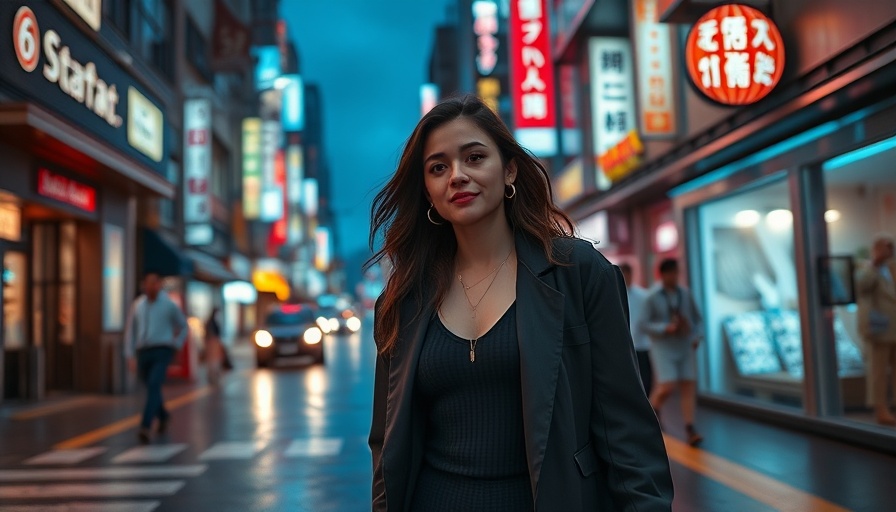
OpenAI's Sora Revolutionizes Video Creation in the EU and UK
OpenAI has expanded its capabilities in Europe and the UK with the launch of its innovative video generation model, Sora. Following its initial release in the US back in December, Sora is now accessible to ChatGPT Plus and Pro subscribers across multiple European countries, including Switzerland, Norway, Liechtenstein, and Iceland. This news not only brings excitement to users but also raises questions about the impact of such technology on creative industries.
Access Requirements: What You Need to Use Sora
To dive into the world of AI-generated video, users must have a ChatGPT Plus ($20/month) or Pro ($200/month) account. However, it comes with a caveat: the quality and length of generated videos depend on the tier you are subscribed to. While ChatGPT Plus users can create videos up to 720p and five seconds long, Pro users enjoy better quality and length options.
How Does Sora Work? User-Friendly Yet Complex Credits System
Sora operates through a dedicated website distinct from the primary ChatGPT interface. After logging in with their existing credentials, users can produce videos merely by typing out text prompts. For example, a five-second clip at 720p will cost users a fraction of their monthly video credits. However, these credits may make users think twice about how and when to create videos.
The Creative Revolution: AI's Impact on Filmmaking and Advertising
As Sora emerges on the scene, artists and filmmakers are recognizing its potential to revolutionize the film and advertising sectors. Innovators like Tyler Perry have noted that Sora could eliminate the need for traditional filming setups, further revolutionizing how projects are conceptualized and executed. Others in the industry, however, are expressing concerns about the implications for copyright and creativity in an AI-powered world.
Challenges for Artists: The Ethical Debate Surrounding AI Tools
With the tool’s efficiency in creating video content, there's an emerging debate around copyright laws and the future of creative industries. Many artists fear losing job opportunities to AI technologies that rely on data sourced from existing content, raising ethical concerns about the unpermissioned use of their work. Campaigns to protect their rights have been gaining traction, as seen in protests led by musicians and creators across the UK.
Future Predictions: What Lies Ahead for Video Generation Tools?
The current trajectory suggests that tools like Sora are just the beginning. As AI technology evolves, it is anticipated that video generation will only improve, bringing enhancements in realism and usability. Experts predict that companies in creative sectors will adopt such tools not only for cost-saving but also for innovative storytelling techniques, creating a new junction between tradition and technology.
Final Thoughts: Navigating a New Era of Creativity
With Sora now available in the UK and EU, it presents an exciting frontier for creative opportunities. Yet, this innovation is accompanied by vital discussions about the ramifications of AI on artistic expression and job security. As we embrace these tools, it becomes essential to consider their ethical implications while also exploring the significant benefits they can offer.
As the tech landscape continues to evolve, those passionate about creativity should remain informed. Understanding the capabilities of tools like Sora and participating in ongoing conversations around copyright and rights will be pivotal in shaping the future of creative industries.
 Add Row
Add Row  Add
Add 




Write A Comment